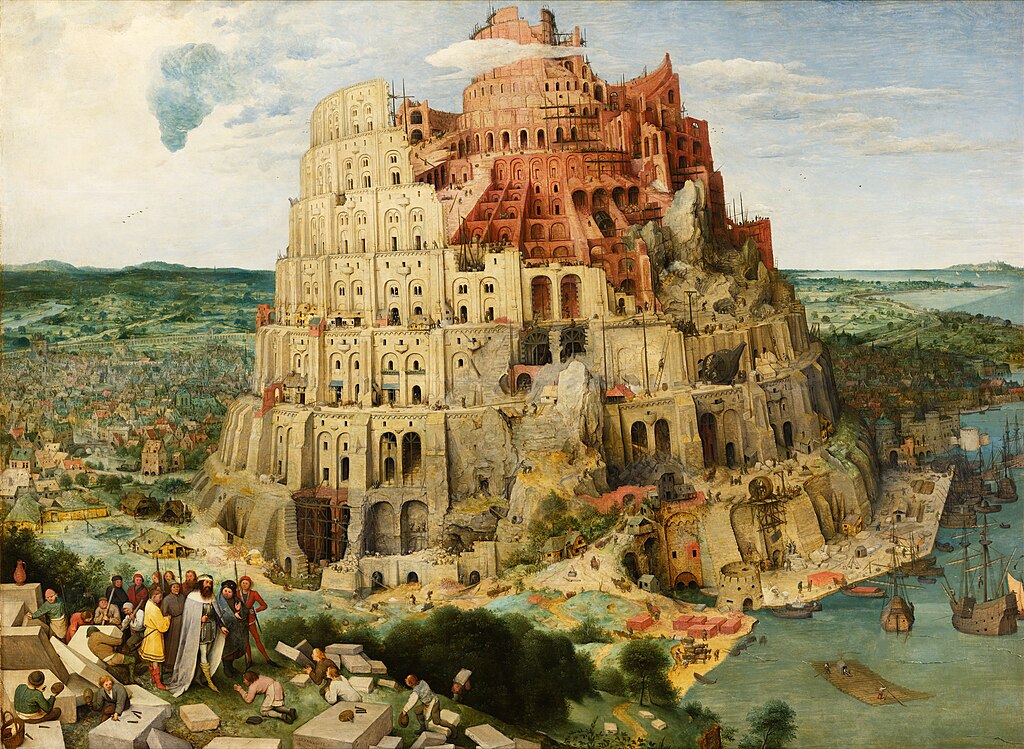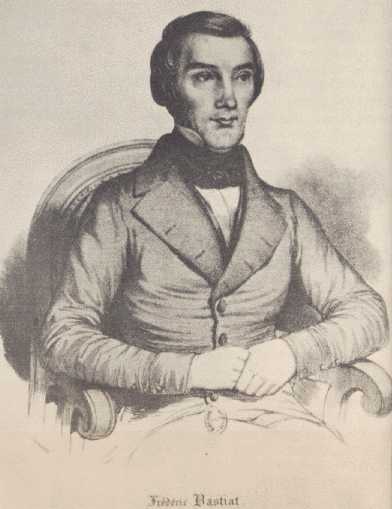Let me start by explaining what I mean by saying someone is a legalist. A legalist is someone who thinks that this world can be made perfect by adopting the right rules and laws. For the legalist the problem of evil consists in the bad behavior of others who need to be reined in by the law. Thus, the legalist is a self-righteous individual who always sees the problem of evil as something outside of himself. He believes that given the power and authority to establish the rules of society that he can bring about heaven on earth. Therefore, he is a utopian in his thinking and believes he should establish and impose rules on everyone else.

To think this way is to put oneself ahead of God. At the heart of this sort of thought is a grand deception. It refuses to see the moral depravity that exists in each of us. In truth, those who think this way reject God’s answer to evil in this world. This way of thinking is worldly. The one who embraces it is forever fear mongering. He points out evil in the world and suggests that the only way to deal with it is to adopt his plan of action. People must surrender their freedom and liberty to these would be tyrants if the evil is to be adequately addressed. Since evil does occur in the world, it is easy to point it out and to suggest that right rules are all that is needed.
But this is not God’s way. God’s way begins when people see things as God sees them. When this happens, the reality of our sin is laid bare, and we know for sure that we are under God’s condemnation and have no hope whatsoever of earning a right standing before a holy and just God. Once confronted in this way, an individual is now ready to accept God’s solution to her problem. Namely, that Jesus, the Christ, God incarnate, lived the perfectly righteous life, and gave himself up as a substitute to endure the wrath of God that each of us deserves. Thus, a real hope arises, and it is wrapped in mercy, grace, and love.
The world’s way only leads to hatred, pain, despotism, and slavery because this world can never be perfect. Legislating ever more laws and imposing restrictions on human action can never suffice to deal with our depravity. On the other hand, God’s way leads to charity, kindness, peace, and freedom. When we individually recognize our own standing before God and receive his mercy and grace, we are far more willing to extend that to others. The world’s way views people as obstacles to be manipulated and herded. God’s way views people as his image bearers needing to be resurrected to new life with a hope being made spiritually new. The world’s way embraces statism and lies. God’s way embraces truth and individual responsibility. God’s way promotes the freedom and liberty of the person.
Consider for a moment the wisdom of C. S. Lewis on this matter:
“If there lurks in most modern minds the notion that to desire our own good and earnestly to hope for the enjoyment of it is a bad thing, I submit that this notion has crept in from Kant and the Stoics and is no part of the Christian faith. Indeed, if we consider the unblushing promises of reward and the staggering nature of the rewards promised in the Gospels, it would seem that our Lord finds our desires, not too strong, but too weak. We are half-hearted creatures, fooling about with drink and sex and ambition when infinite joy is offered us, like an ignorant child who wants to go on making mud pies in a slum because he cannot imagine what is meant by the offer of a holiday at the sea. We are far too easily pleased.”[1]
Moreover, consider the thoughts of Frederic Bastiat in his Economic Harmonies:
“Deny evil! Deny pain! Who could? We should have to forget that we are talking about mankind. We should have to forget that we ourselves are men. For the laws of Providence to be considered as harmonious, it is not necessary that they exclude evil. It is enough that evil have its explanation and purpose, that it be self-limiting, and that every pain be the means of preventing greater pain by eliminating whatever causes it.
Society is composed of men, and every man is a free agent. Since man is free, he can choose; since he can choose, he can err; since he can err, he can suffer…Now, all error breeds suffering. And this suffering either falls upon the one who erred, in which case it sets in operation the law of responsibility; or else it strikes innocent parties, in which case it sets in motion the marvelous reagent that is the law of solidarity. The action of these laws, combined with the ability…of seeing the connection between cause and effect, must bring us back, by the very fact of suffering, to the path of righteousness and truth…But if evil is to fulfill this purpose…the freedom of the individual must be respected.
Now, if man-made institutions intervene in these matters to nullify divine law, evil nonetheless follows upon error, but it falls upon the wrong person. It strikes him whom it should not strike; it no longer serves as a warning or a lesson; it is no longer self-limiting; it is no longer destroyed by its own action; it persists, it grows worse, as would happen in the biological world if the imprudent acts and excesses committed by the inhabitants of one hemisphere took their toll only upon the inhabitants of the other hemisphere.”[2]

Society will never be perfect in this world because it is inhabited by sinners like you and me. However, as we reflect on God’s way of dealing with our sin, we can live in a better society as we think the way God thinks. I think this is especially important in this advent season as we rejoice the birth of Jesus. God’s own son taking on human flesh to bear the burden of guilt of sin for us. Let us rejoice in him and give ourselves over to him. He only has two rules. He wants us to love him above all things and to love our neighbors as ourselves.
Written by Dr. Paul Cleveland
[1] C. S. Lewis, “The Weight of Glory,” The Weight of Glory and Other Essays, (Grand Rapids: Eerdmans, 1965), pp. 1-2.
[2] Bastiat, op. cit., pg. xxx-xxxi.
